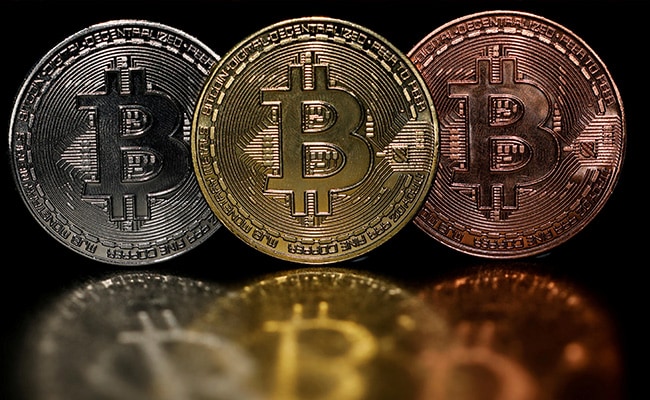|
Getting your Trinity Audio player ready...
|
Starling Bank, once celebrated for its innovation in digital banking, is now facing significant regulatory backlash. The UK’s Financial Conduct Authority (FCA) has slapped the bank with a £29 million ($38.5 million) fine for its “shockingly lax” sanctions controls, raising serious concerns about the online bank’s anti-money laundering and financial crime measures.
Starling’s Crypto Crackdown Backfires
Starling made headlines in 2022 when it banned all crypto-related transactions, citing the high risks associated with cryptocurrencies. The bank justified its decision by claiming that crypto was “heavily used for criminal purposes” and posed a significant threat to its platform. Ironically, despite this crackdown on crypto, Starling left glaring vulnerabilities in its financial controls, leaving its system “wide open to criminals and those subject to sanctions,” according to the FCA.
The regulator’s findings are particularly damning. In 2021, the FCA had already flagged “serious concerns” regarding Starling’s anti-money laundering and sanctions framework. The bank agreed not to open accounts for high-risk customers until it addressed these issues. However, from September 2021 to November 2023, Starling reportedly opened over 54,000 accounts for 49,000 high-risk individuals, a clear breach of its agreement with the FCA.
A Six-Year Oversight in Sanctions Screening
The situation worsened in January 2023, when Starling uncovered that its sanctions screening system had failed to perform adequately for six years. The system had been screening only a small portion of sanctioned individuals, and at one point, Starling failed to cross-check its database against 3,049 designated persons.
Additionally, the bank’s internal review found that it hadn’t properly assessed its sanctions risks. Particularly troubling was its failure to consider high-risk factors like payments from cryptocurrency-related platforms and multi-currency accounts — issues that could have potentially exposed Starling to illicit activity.
Starling was initially fined £41 million for its regulatory breaches. However, the FCA reduced the fine by 30% to £29 million, acknowledging the bank’s cooperation in resolving the matter. Starling has since launched extensive remediation programmes aimed at strengthening its financial crime control framework and rectifying its past shortcomings.
What’s Next for Starling?
While the bank has committed to addressing these deficiencies, the FCA’s findings will undoubtedly damage Starling’s reputation. As regulators worldwide tighten their scrutiny on financial institutions, especially those in the digital banking sector, Starling’s case serves as a cautionary tale for banks that fail to balance innovation with compliance.
Also Read: ARCHIV3: Poland’s Second-Largest Bank Chooses Aleph Zero to Tokenize Historical Art
Starling’s crypto ban may have been well-intentioned, but the FCA’s findings underscore the importance of robust, comprehensive financial controls — particularly in a world where cybercrime and financial sanctions are becoming ever more complex.
Starling Bank’s £29 million fine from the FCA shines a spotlight on the critical importance of thorough compliance with anti-money laundering and sanctions regulations. For a bank that prides itself on safeguarding its platform, Starling’s failures highlight the challenges digital banks face in keeping up with the fast-evolving world of financial crime.
Disclaimer: The information in this article is for general purposes only and does not constitute financial advice. The author’s views are personal and may not reflect the views of Chain Affairs. Before making any investment decisions, you should always conduct your own research. Chain Affairs is not responsible for any financial losses.
I’m a crypto enthusiast with a background in finance. I’m fascinated by the potential of crypto to disrupt traditional financial systems. I’m always on the lookout for new and innovative projects in the space. I believe that crypto has the potential to create a more equitable and inclusive financial system.




